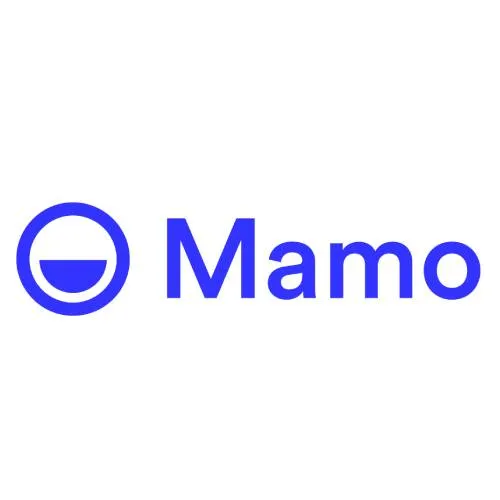What AML Compliance Entails:
For these regulated entities, AML compliance goes beyond registration. It begins with identifying and assessing AML risk across their client base and operational model. A tailored internal policy must then be created to reflect how the business will meet its AML obligations, including detailed procedures on customer onboarding, due diligence, escalation processes, and reporting channels.
Each business must register with the UAE Financial Intelligence Unit (FIU) via the goAML platform and designate a Compliance Officer responsible for implementing the AML policy. They must then conduct and regularly update a Risk-Based Assessment of their business activities and clients. Customer Due Diligence (CDD) must be performed on all clients, with Enhanced Due Diligence (EDD) required in high-risk cases, such as those involving politically exposed persons (PEPs), cross-border structures, or unverified sources of wealth.
Businesses are expected to actively monitor client relationships and transactions on an ongoing basis, identify any suspicious behaviour or inconsistencies, and report such cases to the FIU using Suspicious Transaction Reports (STRs), Suspicious Activity Reports (SARs). To ensure thoroughness and consistency, businesses must also screen all clients against international sanctions lists and politically exposed persons lists using reliable screening tools.
All staff involved in client interactions or decision-making must receive AML training, either internally or through external experts, and the business must maintain records of all risk assessments, due diligence checks, communications, and reports for a minimum of five years. These records must be made available for review during a Ministry of Economy inspection or third-party audit.
How Onecentive Supports AML Compliance:
At Onecentive, we offer end-to-end AML support to regulated entities. This includes conducting an initial assessment to confirm whether the business is classified as a DNFBP, managing the full goAML registration process with the FIU, and assisting in the appointment of a Compliance Officer. We draft a fully customized AML/CFT Risk-Based Policy Manual, prepare internal procedures aligned with your operational model, and help you implement tools for client screening and transaction monitoring.
We also guide our clients through the preparation and submission of STRs/SARs, and support ongoing compliance reporting. Our approach ensures that your business not only meets the minimum legal requirements but also embeds sustainable and effective AML practices into your daily operations.

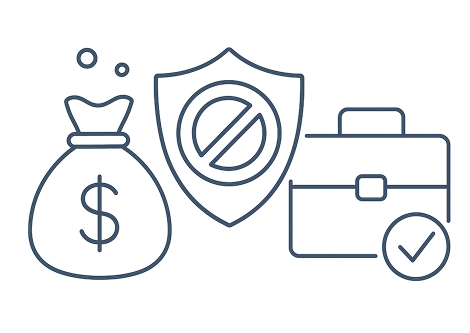



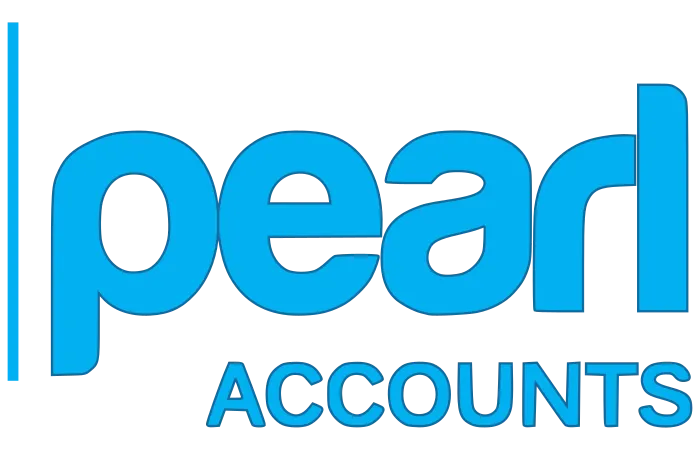

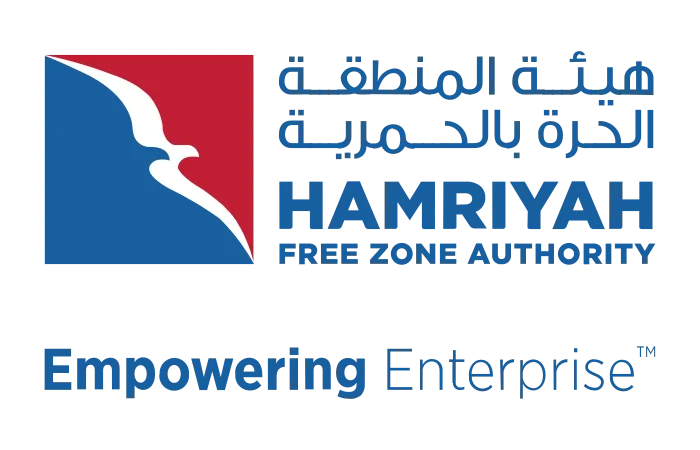





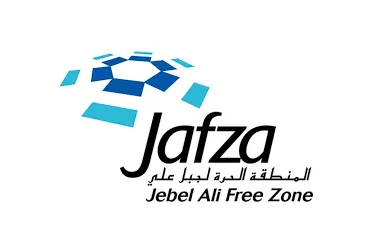

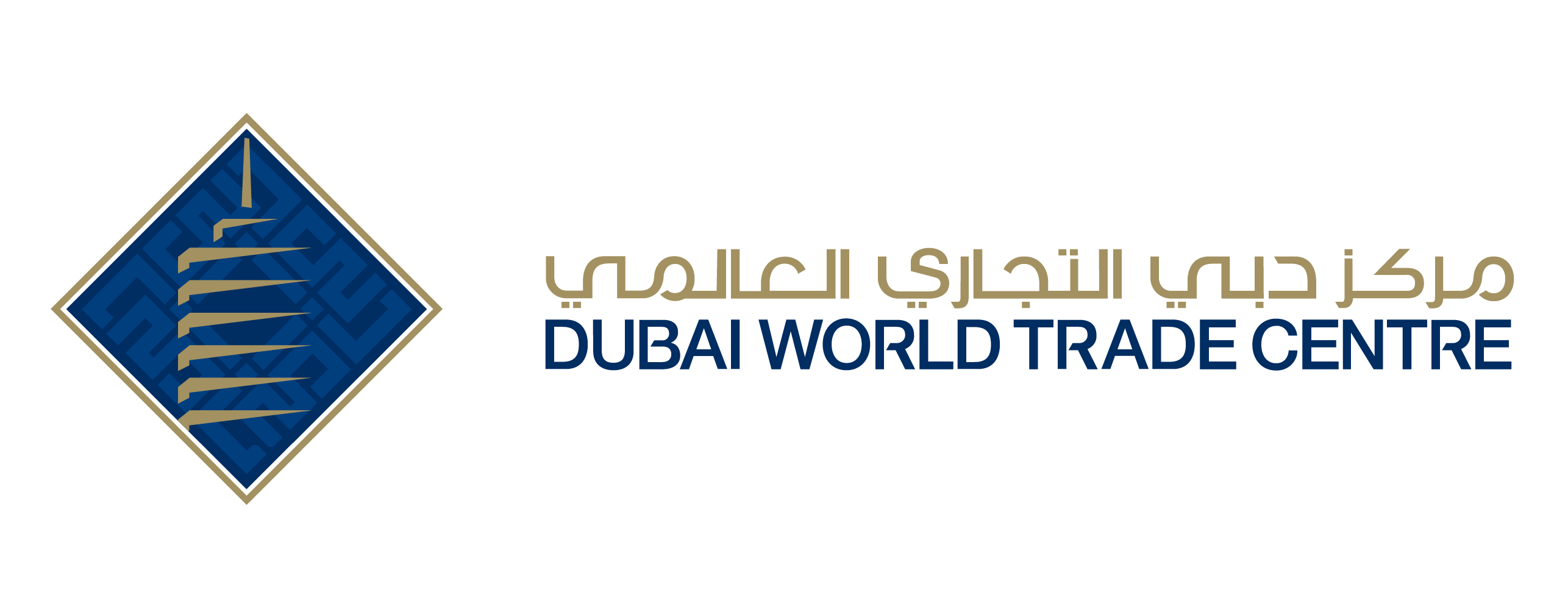


.png)








.png)
